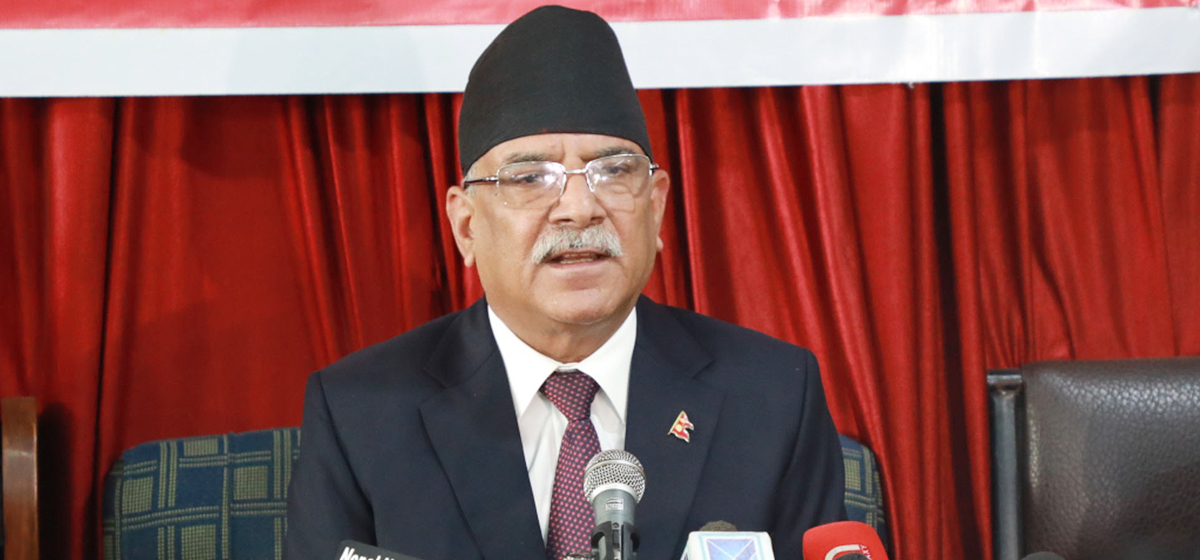KATHMANDU, May 30: The government has registered a bill in parliament proposing to bar the filing of any case in court questioning any acts of the incumbent or former presidents or vice presidents of the country.
The bill registered in parliament earlier this week proposes that no case shall be filed in a court of law raising any questions over the official decisions of the president or vice-president and the discharge of their duties, even after they retire from their posts.
“No case shall be filed at any court against a President or Vice President during their tenure or after retirement in connection with their acts or decisions while in office,” reads section 16 of the Bill to Provision Remunerations and Facilities for the President and Vice President.
Singh claims new prez will be from NC

The government has drafted the bill as the new constitution makes it mandatory to enact a law for providing facilities and remunerations for the president and vice-president.
However, the proposed law is said to be against precedent. The Supreme Court has in the past sought answers in writing from the office of the head of state in various cases including the retaining of an army chief sacked by the prime minister. However, the court had declined to issue a show cause notice to the office of the president, stating that the head of state should not be dragged into controversy.
“Since the constitution has not given any impunity or prerogative, questions can be raised with regard to any act carried out by the president in the capacity of head of state and such questions should be settled by the court,” reads the verdict of a full bench of the Supreme Court in response to a writ petition filed by advocate. Shreekrishna Subedi. The verdict was issued by Justices Tap Bahadur Magar, Prem Sharma and Mohan Prakash Sitaula on September 30, 2010.
Subedi says that the provision in the new bill is against the spirit of the constitution. “This kind of practice remains only in countries with monarchy. The proposed provision is aimed at turning the presidents and vice presidents into elected kings,” he said.
He argued that the proposed law was against international practice in similar cases. “Courts in the United States have invalidated various decisions taken by President Donald Trump. We can find similar cases in other countries as well,” said Subedi. “Therefore, it is also against international norms.” It might be noted, however, that Donald Trump is an executive president while the president of Nepal is not.
The bill has not made any significant changes in the remunerations and other facilities of the president and vice president. In the absence of a relevant law the government has fixed the salaries and other facilities for the head of state and deputy head through a notice in the Nepal Gazette.


































